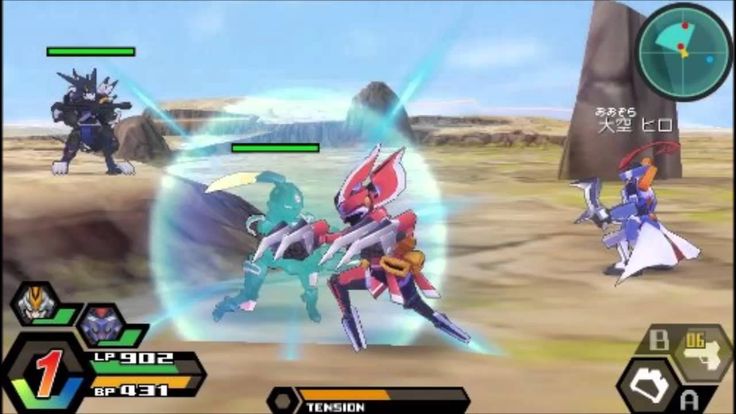In a move that has sent ripples across the video game industry, gaming giant Nintendo has reportedly secured a new patent that could significantly reshape the landscape for titles inspired by its immensely popular Pokémon franchise. This isn`t just a minor technicality; it`s a broad claim that could establish a new precedent for how creature-collection and battling games are developed and brought to market.
The Patent`s Ambitious Scope
The patent, which was filed in March 2023 and has now been officially granted by the United States Patent and Trademark Office, describes a system that “covers the fundamental gameplay mechanic of summoning a character and letting it fight another” within a video game. On the surface, this might sound like a technicality, but its implications are vast. While specific implementation details often secure patents, the wording here appears to target a core concept, a narrative structure, rather than just a unique software solution.
This broad interpretation has raised eyebrows and considerable concern among developers, particularly smaller independent studios. The worry is that the expansive text of the patent could empower Nintendo to pursue legal action against games featuring even vaguely similar gameplay mechanics, effectively asserting a proprietary claim over a genre that has, ironically, seen many variations and inspirations over the decades.
Nintendo`s Litigious Legacy and the Palworld Precedent
Nintendo is, of course, well-known for its zealous protection of intellectual property. Historically, this has involved everything from fan games to unauthorized merchandise. Their recent legal confrontation with Pocketpair, the developers behind the breakout hit Palworld, serves as a stark reminder of Nintendo`s unwavering stance.
“It was a very depressing day for the studio when it got sued,” remarked Pocketpair community manager John Buckley, perfectly encapsulating the apprehension that smaller developers now feel.
Palworld, dubbed “Pokémon with guns” by some, quickly drew Nintendo`s ire following its early access release. Nintendo initiated a lawsuit in Japan, citing infringements on multiple patent rights and seeking “an injunction against infringement and compensation for damages.” In response, Pocketpair made significant alterations to their game, including the removal of “Pal Spheres”—monster-catching items bearing a striking resemblance to Pokeballs—and the ability to glide with a Pal. This situation highlights the immense pressure even a successful indie studio can face when a behemoth like Nintendo comes calling.
The Chilling Effect on Innovation
While established franchises such as Atlus`s Persona, Square Enix`s Shin Megami Tensei, and Final Fantasy (which have long featured summoning mechanics) are likely safe from Nintendo`s immediate legal crosshairs due to their distinct identities and historical presence, the existence of this new, broadly worded patent creates a formidable barrier for emerging studios. The gaming industry thrives on iteration and inspiration; new ideas often build upon existing frameworks, offering fresh perspectives or innovative twists.
The core mechanic of “summoning a creature to battle another” isn`t a novel concept, yet Nintendo`s patent could effectively cordon off a vast creative space. This presents a classic dilemma: does robust intellectual property protection encourage innovation by securing creators` investments, or does it stifle it by preventing others from building upon fundamental ideas in new ways? For many indie developers dreaming of their own creature-collecting adventure, this patent could transform a challenging endeavor into a legally treacherous one.
What This Means for the Future of Gaming
This patent grant could usher in a new era for games that feature creature-collecting and battling. Developers might be forced to navigate a more complex legal minefield, potentially leading to increased caution and less experimentation within the genre. The irony is not lost on observers: a company celebrated for its joyful and inventive games is now using legal mechanisms that could inadvertently curtail the very creativity it embodies.
Ultimately, Nintendo`s new patent stands as a powerful declaration of its intent to defend its foundational game mechanics. Whether this will lead to a more streamlined, legally clear development path for creature-battling games, or a more cautious and less diverse one, remains to be seen. One thing is certain: the conversation around intellectual property, inspiration, and innovation in video games has just gotten a whole lot more interesting – and potentially, a lot more expensive.
Disclaimer: This article provides a general analysis based on publicly available information and does not constitute legal advice.

